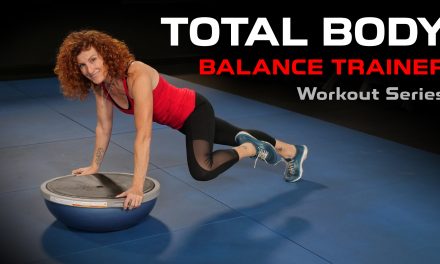I have a quick quiz for you….
Which vitamin has the greatest potential to decrease your risk of getting a virus?
- Vitamin A
- Vitamin B
- Vitamin C
- Vitamin D
If you answered C… nice try but try again.
Vitamin A is good too but not the right answer.
Believe it or not, Vitamin D has the greatest potential to decrease your risk of getting a virus. In short, Vitamin D helps our immune systems stay balanced and this is something we desperately need right now.
In short, Vitamin D helps our immune systems stay balanced and this is something we desperately need right now.
You see, there are Vitamin D receptors and activating enzymes on the surfaces of all White Blood Cells. (side note: white blood cells help the body fight infection and other diseases.)
The role that vitamin D plays in keeping the immune system healthy is very complex because the immune system has to be perfectly balanced. If there is too much stimulation, autoimmune diseases can set in. If there is not enough immune system activity, frequent infections can occur.
In 2017, a large analyses of prospective clinical trials showed that receiving vitamin D reduces the odds of developing a respiratory infection by approximately 42% in people with low baseline levels of 25-hydroxyvitamin D; below 25 ng/mL.1
In other words, if you are not getting enough vitamin D, your immune system can become imbalanced leaving you at a greater risk of coming down with something.
In fact, it’s estimated that more than 40% of American adults have a Vitamin D deficiency, and this number is even greater during the colder months, so there is a good chance you might possibly be deficient, but don’t worry, there is something you can do right now to start getting Vitamin D into your system.
One of the best ways to make sure you are getting enough Vitamin D in order to keep your levels in check is simple sun exposure.  Vitamin D is called “the sunshine vitamin”.
Vitamin D is called “the sunshine vitamin”.
When your skin is exposed to sunlight, it makes vitamin D from cholesterol. The sun’s ultraviolet B (UVB) rays hit cholesterol in the skin cells, providing the energy for vitamin D synthesis to occur.
Midday is the best time to get sunlight. But you have to get outside and expose yourself..no, not like that..roughly ⅓ of your body, or just your arms and legs.
Here’s what you should do, at noon go outside, when the sun is at its highest point, and its UVB rays are most intense. That means you need less time in the sun to make sufficient vitamin D.
Another side note: the sun’s UVB rays cannot penetrate through windows. So people who work next to sunny windows are still prone to vitamin D deficiency.
Now the length of exposure does depend on a few things… color of skin, geographical location, temperature / time of year…
Some research says 13 minutes is enough, some says 30 minutes…
What I conclude is something that I feel is safe across the board…
Here is what I recommend:
Wear a tank top and shorts for 10–20 minutes three times per week, (if the weather is too cold for this, here is your best alternative). People with darker skin may need a bit longer than this.
Make sure to prevent burning if you’re staying in the sun for a long time. Instead, try going without sunscreen for just the first 10–30 minutes, depending on how sensitive your skin is to sunlight, and apply sunscreen before you start burning.
It’s fine to wear a hat and sunglasses to protect your face and eyes while exposing other parts of your body.

The Bottom Line
Regular sun exposure is the most natural, and cheapest way to get enough Vitamin D but I understand not everyone has access to getting outside to absorb this vital nutrient from the sun.
If you find yourself in this situation where you are not getting outside enough and you are not taking a daily Vitamin D supplement, click here for what I recommend for you to start using as soon as possible.
Right now we must be doing everything we can to stack the deck in our favor and give our body the best fighting chance it has to beat off whatever viruses that are circulating out there and Vitamin D is showing some promising benefits that could really stack the deck in our favor
Please take your health seriously and apply this information.
Stay well,
Brian Klepacki, MS, CSCS
Certified Sports Nutritionist
===
[1] Martineau AR, Jolliffe DA, Hooper RL, et al. Vitamin D supplementation to prevent acute respiratory tract infections: systematic review and meta-analysis of individual participant data. BMJ. 2017;356:i6583.









